The pros and cons of leveraging white label branding as a marketing strategy
Mass-market strategies are entirely dependent on sales volume. In mass marketing, CPG brands often find themselves competing against retailers—through private label products—to gain price-focused or brand-loyal customers. As such, to properly implement a white label branding strategy, a brand must already be established and have a large following. Only then will they be able to use white label branding to increase market share.
What is white label branding?
White label branding involves two companies creating one product. One company manufactures the product, then the brand repackages the product as their own. Often, this is confused with outsourcing, but they’re not necessarily the same. In white labeling, a brand can trade on its stronger reputation and consumer awareness to sell the products for a higher amount than the manufacturer would have. It’s a means of keeping production costs down while also improving supply.
This also should not be confused with private labeling. A private label brand is one exclusively created for a specific retailer. While similar to white label branding, they’re not entirely the same, as the private label product is exclusive. A white label product’s distribution is wholly controlled by the brand.
Many CPG brands have embraced white labeling in recent years to keep production up even as labor and supply costs increase. In some cases, this strategy can help a brand gain market share or compete against other private label options in the store.
The Upside of White Label Branding
White label branding is popular among CPG brands because these brands are in a mass volume business. They must be able to supply many consumers in a diverse set of markets. CPG brands often reap the following benefits as a result of white labeling.
Increased supply:
Brands can double production through the resources of the manufacturer. Through this supply, brands can expand into new markets and cultivate new customers.
Reduced cost of production:
The strategy within white labeling involves using a brand’s reputation to sell a similar, yet cheaper to produce, product. This allows brands to reduce their costs of manufacturing while also enjoying the benefit of important existing consumer relationships.
Rapid brand growth:
Brands will be better prepared to expand their market share through white label branding because they’ll be able to produce a large number of products at a lower price.
Simplified new market entrance:
White label branding can be an excellent option for establishing new channels in emerging markets when in the past it would have been cost-prohibitive. Brands often choose to set up labeling facilities near production plants to eliminate the high cost of shipping, and sell products directly to the market.
Improved customer access:
The producers would likely have to sell their products at a much lower cost due to their lack of reputation. By working in a white labeling arrangement, the producer gets immediate attention from brand-loyal consumers.
Leverage against private labels:
Private label products create a significant issue for CPG brands, who often can’t compete with the low costs of these store-brands. White labeling evens the playing field in the shopping aisle so CPG brands can gain a competitive edge.
Faster innovation:
Brands can benefit from improvements in products from their production partners, as the manufacturer is solely focused on creating and improving the product. This gives the producer more time and resources for research and development, while offering the brand the opportunity to provide updated products to consumers.
Why White Label Branding Doesn’t Always Work
White label branding requires the brand to have an established following before implementation. The strategy relies on a brand’s reputation to carry the sales of another product, so its market clout will play a significant role in the strategy’s success. Here are a few of the reasons why white label branding may not be ideal.
Inconsistent quality:
Probably one of the biggest concerns with white label branding is the consistency of the products. Brands establish their own quality controls. The producers of white label brands may not follow those same procedures, causing an issue with product consistency.
Less control:
Brands lose control of the production process when using a white label strategy. Meanwhile, producers lose control of the marketing, distribution, and sales strategies for products. To participate in one of these strategies, brands and producers must be willing to give up a significant portion of their control.
Expensive implementation:
While brands will incur fewer production costs over time, they may incur higher costs while establishing one of these programs. The brand will have to purchase and repackage a large number of products and develop packaging facilities, requiring a higher initial investment than other marketing strategies.
Potential liability:
Brands may have to take on the responsibility for any issues consumers experience while using the white label product. Producers may be in locations that are less strict with regards to specific regulations, meaning there is a potential risk to the brand if standards fall short of those required for sale in the U.S.
Supply chain cost increases:
Brands will need to incur the cost of obtaining these products and then repackaging them for sale, so production costs are not entirely eliminated.
Potentially alienating customers:
If quality changes as a result of a white label strategy, brands will see loyal customers go elsewhere. Quality control is a vital part of any white labeling strategy.
Not suitable for smaller brands:
White labeling requires an existing brand presence, as the entire strategy hinges on the popularity of the brand. Without it, the white label branding strategy will be ineffective.
New market risk:
Popular brands often try to set up shop in new markets with a white labeling strategy, but this doesn’t always work. The problem with new global markets is there is not the same level of brand awareness. As such, sales potential is lower.
When to Consider White Labeling
White labeling is a mass-market strategy designed for increasing market share and adding revenue streams. Brands which have plateaued in certain markets or are having trouble keeping up with demand can consider this a way to improve sales and increase supply. Brands need to have significant resources already at their disposal. They should have an established following and marketing channels which can be leveraged to connect with consumers in growth markets.
It’s also good for brands that need to compete with the ever-growing pool of private label brands available exclusively through retailers. A white label strategy may permit these brands to be more competitive on price point, though there are other ways that brands can compete without the need to outsource production.
Alternatives to White Labeling for Competing With Retailer Brands
Private label brands have an edge when it comes to placement on the store shelves. Retailers can obviously give these exclusive brands priority shelf space, and they can target price-conscious consumers. The competition with this type of brand doesn’t happen on TV or via digital marketing. It happens right in the shopping aisle.
Whether or not brands choose to use a white label branding strategy, they’ll still need to find ways to stand out against these offerings on the store shelves. There are a few options brands can consider, most of which revolve around mobile apps.
Location-based marketing:
Location-based marketing allows brands to connect with consumers based on their location. For example, consumers can receive notifications about products on sale at a nearby store. This reminds them of the brand’s products as they’re in a purchase mindset, which improves the likelihood of a sale.
Incentivized in-store interaction:
Shopkick uses this as a strategy in helping brands gain sales. Through the app, the consumer is encouraged to use their smartphone to scan the UPC codes of specific products. In exchange, the consumer receives kicks (aka rewards points) which they can redeem later for free gift cards. This strategy incentivizes the consumer to physically seek out and handle the product in the aisle, which primes them for purchase.
Loyalty points:
Loyalty points are critical in any kind of incentivized interaction campaign that’s not reliant on discounts. Consumers often perceive rewards points as having a higher value than their simple dollar amount. This is because the consumer gets an emotional return for collecting and redeeming these points. As such, brand-specific loyalty points can act as a good avenue for gaining in-store sales from price-focused consumers.
Personalized offers:
In some cases, consumers can receive personalized offers based on their prior purchase history. This personalization connects the consumer to the brand and inspires brand affinity.

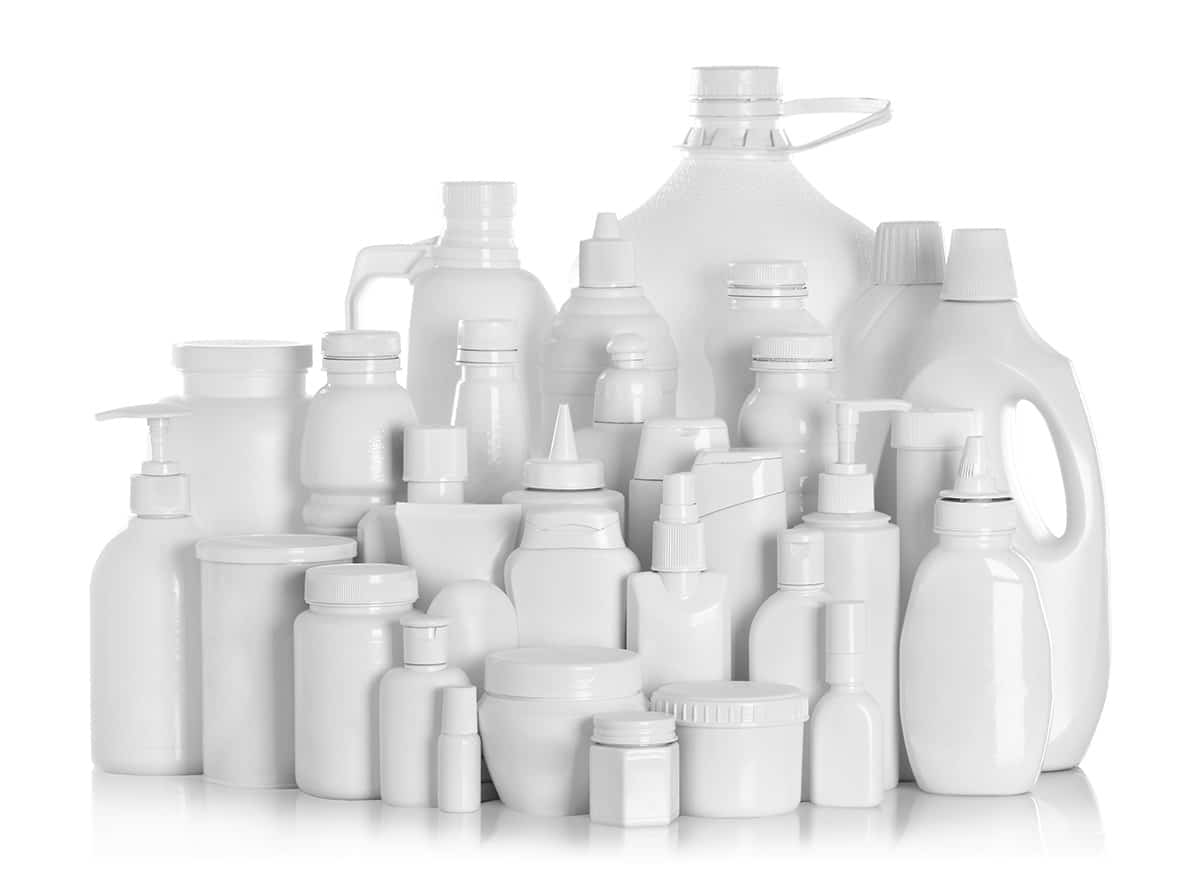

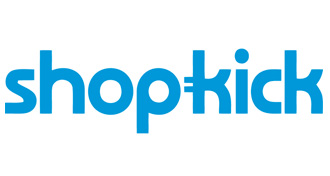

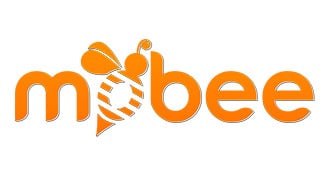
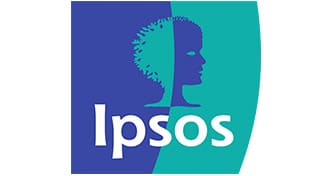

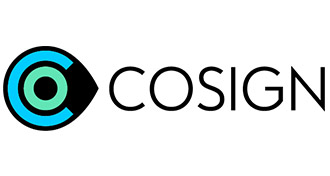
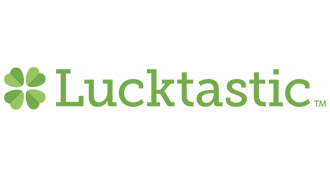
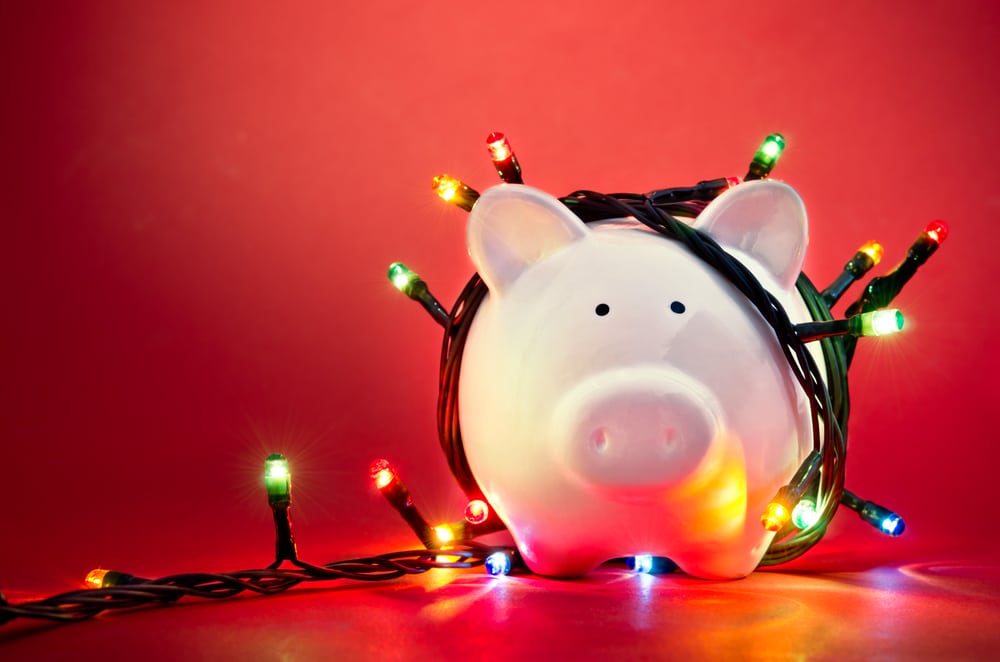
 The first method I recommend when it comes to figuring out how to buy Christmas gift with no money is to do a little bit of extra work each time you go out shopping by taking advantage of retail auditing apps. Basically, there are apps that pay you money to do simple tasks like checking to see if a road is closed or going out to snap a quick photo of the front of a cool new restaurant. If you do enough of them, the money really adds up!
The first method I recommend when it comes to figuring out how to buy Christmas gift with no money is to do a little bit of extra work each time you go out shopping by taking advantage of retail auditing apps. Basically, there are apps that pay you money to do simple tasks like checking to see if a road is closed or going out to snap a quick photo of the front of a cool new restaurant. If you do enough of them, the money really adds up!